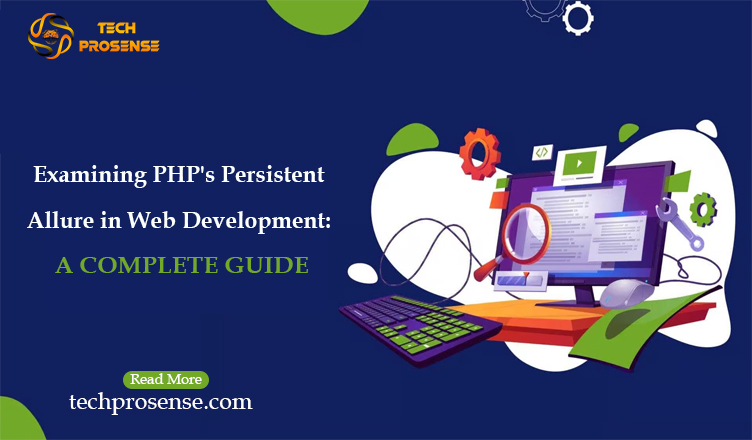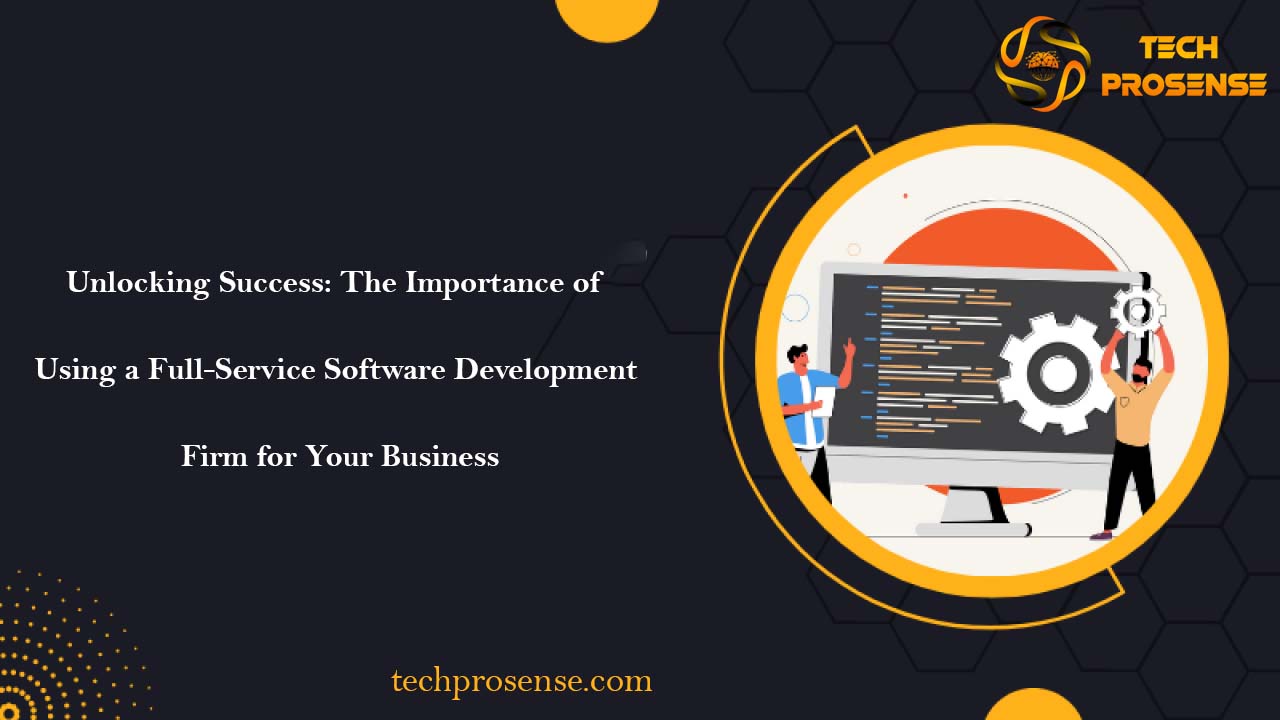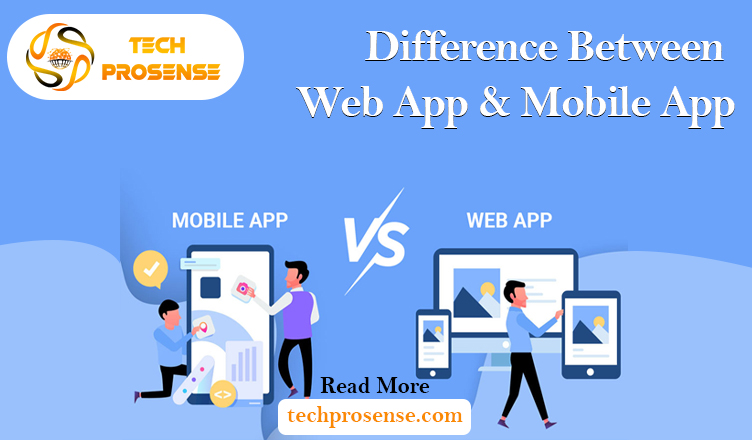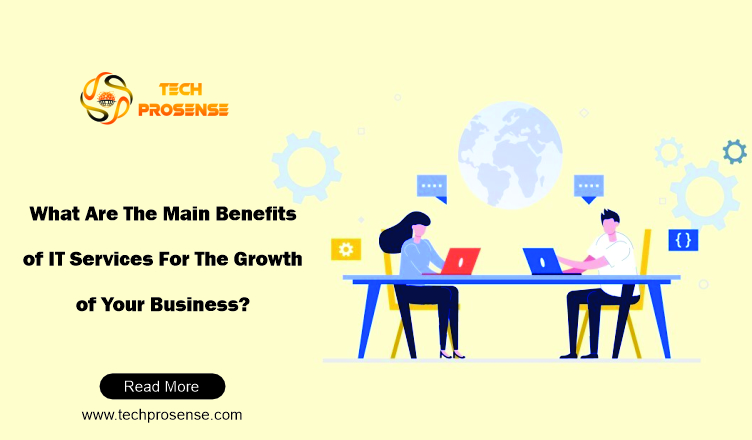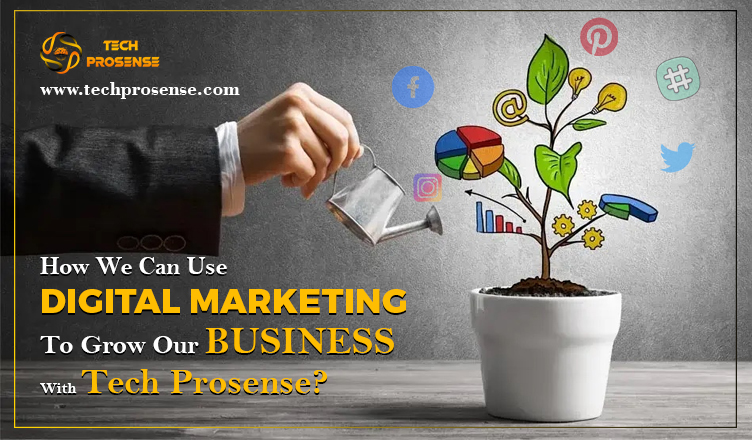-
Call for Anything
+91 9891-888884
-
You may send an email
info@techprosense.com
-
Support Available
24X7

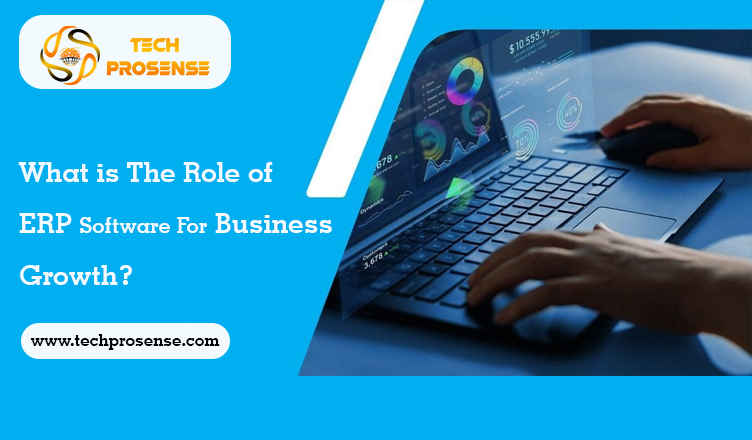
Enterprise Resource Planning (ERP) software plays a crucial role in the growth and efficiency of businesses by integrating various core business processes into a unified system. Here are some key roles of ERP software in contributing to business growth:
-
Centralized Data Management:
- ERP systems provide a centralized and unified database that consolidates data from different departments.
- This ensures accurate and real-time information, eliminating data silos and improving overall data integrity.
-
Improved Efficiency and Productivity:
- Streamlining business processes and automating routine tasks enhance overall efficiency.
- Employees can access information more easily, reducing manual efforts and allowing them to focus on more value-added tasks.
-
Enhanced Decision-Making in Business:
- ERP systems provides real-time data analytics and reporting tools.
- Decision-makers can access critical business insights, enabling data-driven decision-making for strategic planning.
-
Optimized Resource Utilization:
- ERP helps organizations to allocate resources more effectively, including human resources, inventory, and finances.
- Improved resource management contributes to cost reduction and better utilization of available assets.
-
Supply Chain Optimization:
- ERP software assists in optimizing supply chain processes by providing visibility into inventory levels, order statuses, and supplier relationships.
- This leads to better demand forecasting, reduced lead times, and improved coordination with suppliers.
-
Financial Management:
- ERP systems integrate financial data from various departments, including accounting, budgeting, and payroll management.
- Accurate and real-time financial information enables better financial planning, forecasting, and compliance with regulatory requirements.
-
Customer Relationship Management (CRM):
- ERP often includes CRM modules that centralize customer information, interactions, and sales data.
- This helps businesses better understand their customers, personalize interactions, and improve overall customer satisfaction.
-
Streamlined Business Processes:
- ERP systems standardize and automate business processes, leading to increased consistency and reduced errors.
- This streamlining of operations contributes to a more agile and responsive organization.
-
Scalability and Adaptability:
- ERP solutions are designed to scale with the growth of the business.
- They are adaptable to changing business needs and can accommodate additional users, modules, or functionalities as the organization expands.
-
Regulatory Compliance:
- ERP systems help businesses comply with industry-specific regulations and standards.
- Compliance features within ERP software ensure that the organization adheres to legal requirements and avoids penalties.
-
Improved Communication and Collaboration:
- ERP fosters collaboration by providing a centralized platform for communication and data sharing.
- Employees across different departments can access the information they need, fostering better teamwork.
-
Customer and Market Responsiveness:
- With better insights and streamlined processes, businesses can respond more quickly to changing customer demands and market trends.
- This agility contributes to staying competitive in dynamic business environments.
Get In Touch
+91 9891-888884
Quick Email us


